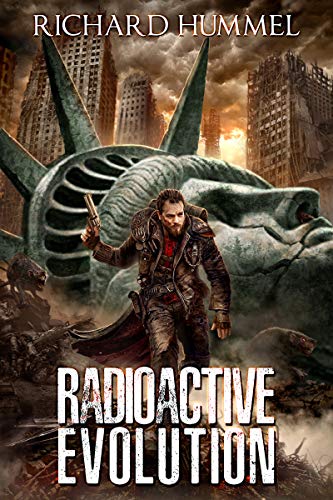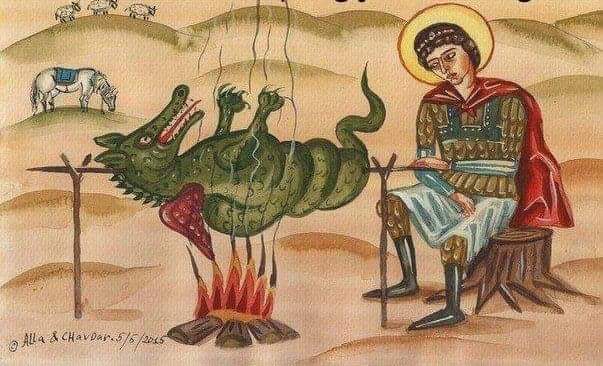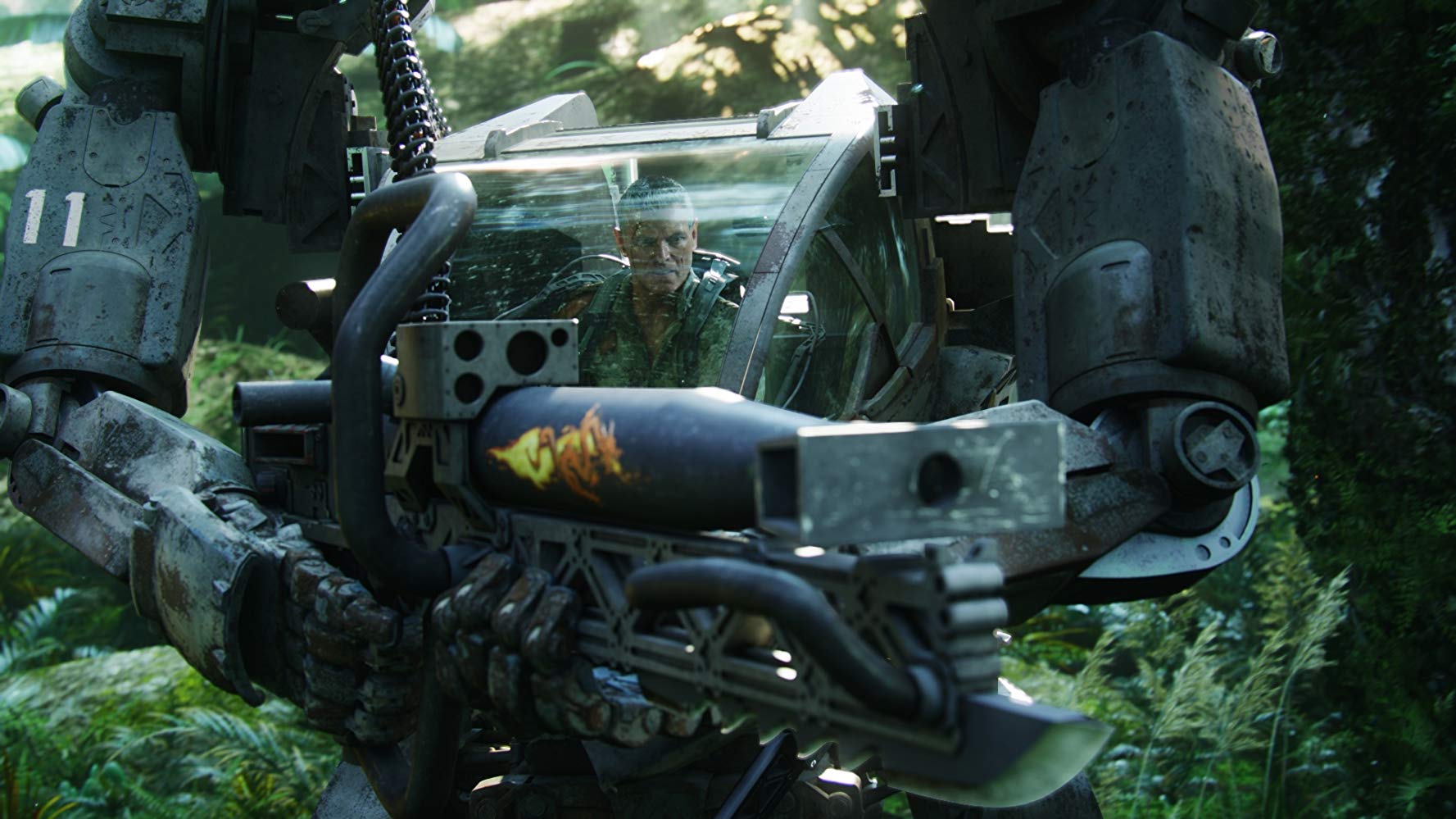Radioactive Evolution Book Review

Over the top, but less goofy than some LitRPG covers
Radioactive Evolution: A Dystopian, Post-Apocalyptic Adventure
by Richard Hummel
Hummel Books (November 15, 2018)
ASIN B07KLMTZBW
I received a complimentary review copy of this book from bookpublicityservices.com
Richard Hummel’s Radioactive Evolution is now the third or fourth variant [depending on what counts] on the relatively new LitRPG category that I have reviewed. Hummel himself identifies the book as Gamelit, adventure fiction influenced by videogames. In this case, the game-like element is the omnipresence of nanites within the humans and animals who inhabit the radioactive and depopulated Earth.
Due to a chance encounter with a dragon egg in the ruins of New York City and a perhaps foolish bit of self-experimentation, Jared Cartwright discovers that the nanites can be collected from the world by killing animals [and presumably people] and then directed to produce targeted changes in his body and mind, allowing him to “level up” in a sense. I envision the process much like Scott Pilgrim collecting coins from his fallen foes.

Scott Pilgrim collecting nanites, I mean coins, from his fallen foes
There are even “boss fights”, which is exactly how Jared describes his encounter with a giant mutated rat after killing dozens of rodents of merely unusual size. This was fairly early in the book, and it bogged me down some. I’ve found that I don’t particularly care much for the typical LitRPG or Gamelit conceits. I am relatively more willing to tolerate this kind of thing in the trapped in the game style of book, such as Paul Bellow’s Hack. In this case, where it is just a way of describing a feature of the fictional world, I tend to find it breaks the suspension of disbelief a bit, but I think this tends to be an idiosyncratic and personal thing.

St. George cooks the dragon
The second obstacle to enjoyment for me was Jared’s recruitment by the Matriarch of Dragons in an ancient war against humans. In the history she mentally communicates to him the humans who took the dragons’ side were considered traitors. Well, yeah, that is what the word means. In the third chapter, where this all goes down, all we get is the dragon’s side of it, and it isn’t even clear at this point that the humans weren’t justified in exterminating the dragons. Given the abilities of the dragons in the book, it must have been a hell of a lot of work to do it. Later in the book, we get some hints that the eventual destination of this isn’t actually Jared and the dragons against humanity, but that is exactly how it is presented in the beginning.

I rooted for this guy in Avatar
Fortunately, I found that the book picked up a bit once we moved past Jared’s initial encounter with the dragon egg and him learning about his new abilities. The part of the book that followed was more conventionally post-apocalyptic, with Jared learning to navigate the complexity of a world where alliances are made of desperation and fear, much like his contract with the dragons [which was made under duress, clearly acceptable to dragonkind, but not the norm for humans].
This part of the book was pretty clearly inspired by videogames as well, but more as a theme than a mechanic, which is an improvement in my opinion. Jared gets to explore, establish a base of operations, and meet a love interest, which are the basic kinds of things you do in many RPGs. The things that happen seem more like the natural consequence of choices that Jared or other characters make, rather than, well, I need to grind some EXP by killing some rats.
Since the second act is so much stronger than the the first, I have some hope that this series will turn out well, but I think that the rest of this series is a pass for me. If you like the more explicit videogame elements, and there is a market segment that clearly does, then this is a middle of the road adventure story you may enjoy.



Comments ()